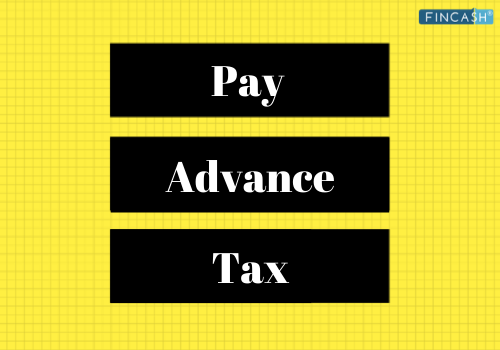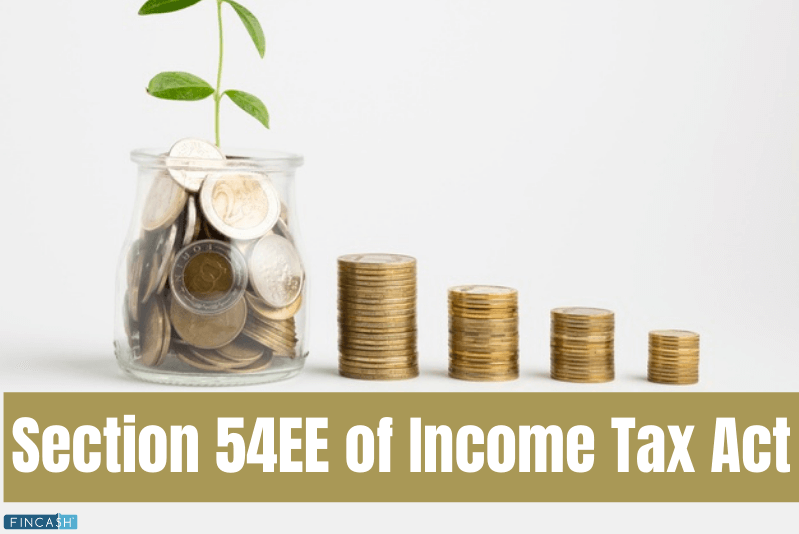All You Need to Know About Angel Tax
Of course, beginning a startup with a novel idea is regarded as nothing less than a significant challenge. Though there are several responsibilities lingering on a founder’s head, when it comes to finances, headache seems to be consistent and ongoing.
If you are among the new entrepreneurs, this would be an accurate time to enter into the startup horizon. Undeniably, the Indian government is encouraging entrepreneurs by bringing several schemes, including Digital India and Start-up India.
On top of that, back in 2012, the government introduced angel tax to avert the instances of money laundering taking place through startups. In this post, let’s find out more about angel tax and its essential factors that you must be aware of.

What is Angel Tax?
Angel tax means a term that is used to referring the income tax payable on finances acquired by unlisted companies through the issuing of shares where the prices of the share can be in excess of the fair market value of those shares that have been sold.
The extra realization is concerned as income and is taxed accordingly. Thus, to put it in simple words, angel tax is a tax levied on investments from external investors in a company or a startup. This tax came into the limelight back in 2012 Union Budget to keep an eye on the funds laundering. Considering that it impacts angel investments largely for startups; thus, the name.
Is there any Angel Tax Exemption?
As per the government’s notification, startups can get an exemption under Section 56 of the income tax act. However, this will only be liable in scenarios where the total investment, including the capital raised from angel investors, is not more than Rs. 10 crores.
On top of that, to get this exemption, startups have to get approval from the inter-ministerial board along with a valuation certificate from a merchant banker.
Talk to our investment specialist
Why Angel Tax is a Big Deal?
The angel issue is that this taxation restricts investors from Investing their trust and money in an early-stage startup. This, in effect, suppresses more people to come ahead and begin their own business. Right from angel investors to entrepreneurs, the concern has been raised by several entities.
Further, several unlisted and new startups rely on funding from angel investors to develop the groundwork essential to acquire more funding from VC groups. With a tax on this investment, not just discourages founders but also drives investors away, stifling the money flow.
And then, the tax only allows resident investors to put their money in businesses. Thus, avoiding the scope of non-resident investments and increasing issues all the way more.
The Charging Rate
At the maximum marginal rate, the angel tax is charged at 30%. This huge percentage is impacting both the receiver and the investor as they are losing approximately one-third of the investment only in taxes. For instance, suppose that your company managed to get an investment of Rs. 100 crores, however, your company only requires Rs. 50 crores. This way, the remaining amount will be regarded as income. And, 30% of that Rs. 50 crores, which is Rs. 15 crores, will go in taxes.
Reasons Behind Opposing the Tax
The process to calculate the market value is completely different for the company and the government. When the latter evaluates, several factors go unnoticed, resulting in lesser value than the actual. This clash results in a significant price variation.
Since a large chunk is going to go in taxes, several investors are discouraged from investing in newly-found companies.
Changes in Angel Tax
After experiencing backlashes, the government came up with some amendments as per the angel tax latest news; thus, making it a bit friendlier. Some of the changes include:
A company will remain a startup only in its first 10 years from the date of registration. Considering that it was 7 years earlier, this addition gives startups an exemption from the income tax for 3 more years.
The entity will only be a startup of it doesn’t have a turnover of more than Rs. 100 crores in a financial year.
With notice, the income tax department exempted startups from angel tax under certain conditions, such as:
- The share premium and the paid-up capital should not be more than Rs. 10 crores after issuing the shares.
- Startups are no longer eligible to evaluate their market value, and they would have to take help from a certified merchant banker.
- Also, the angel investor should have a minimum net worth of Rs. 2 crores or an average income of less than Rs. 50 lakhs for three preceding financial years.
What is Next?
Even though there is some relief with the amendments made, the ecosystem of startups will still have to face several issues. More so, with Article 68, there comes a massive tax liability for startups in case they don’t disclose their funding source.
The unexplained receipts of funds can push newly founded startups in several financial troubles. Thus, funding is going to be a pain and can hinder growth.
All efforts have been made to ensure the information provided here is accurate. However, no guarantees are made regarding correctness of data. Please verify with scheme information document before making any investment.












